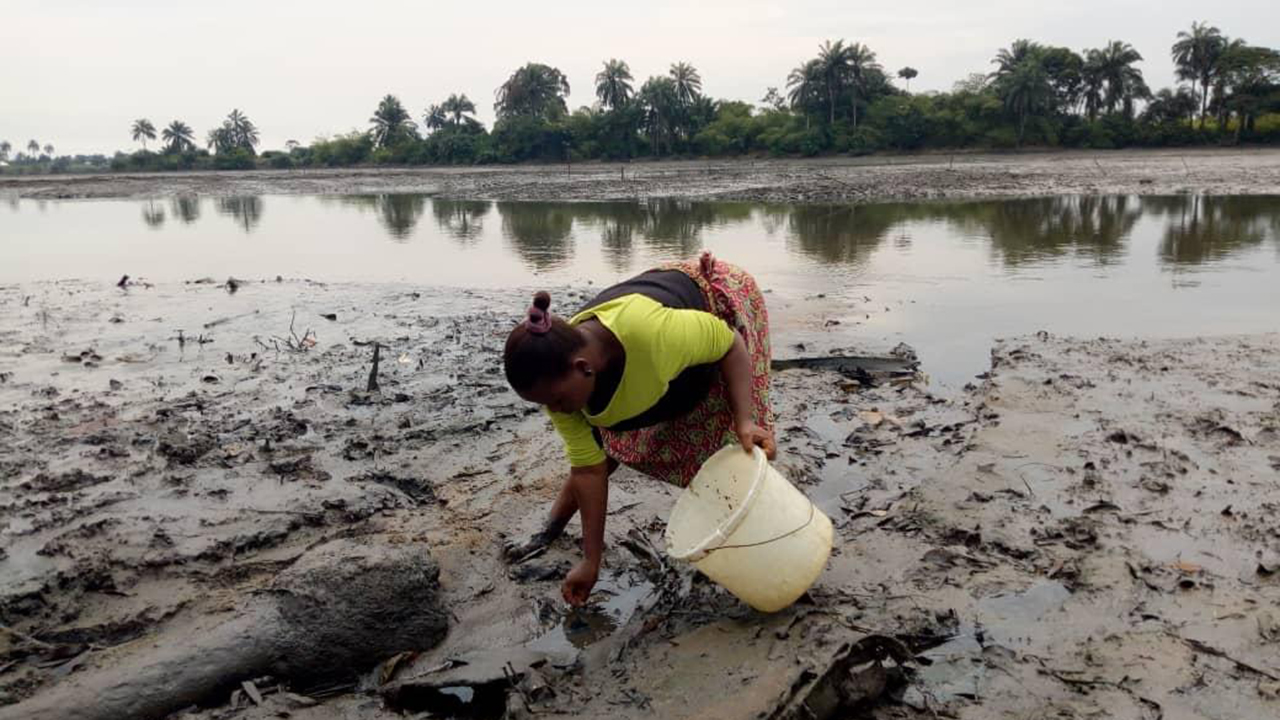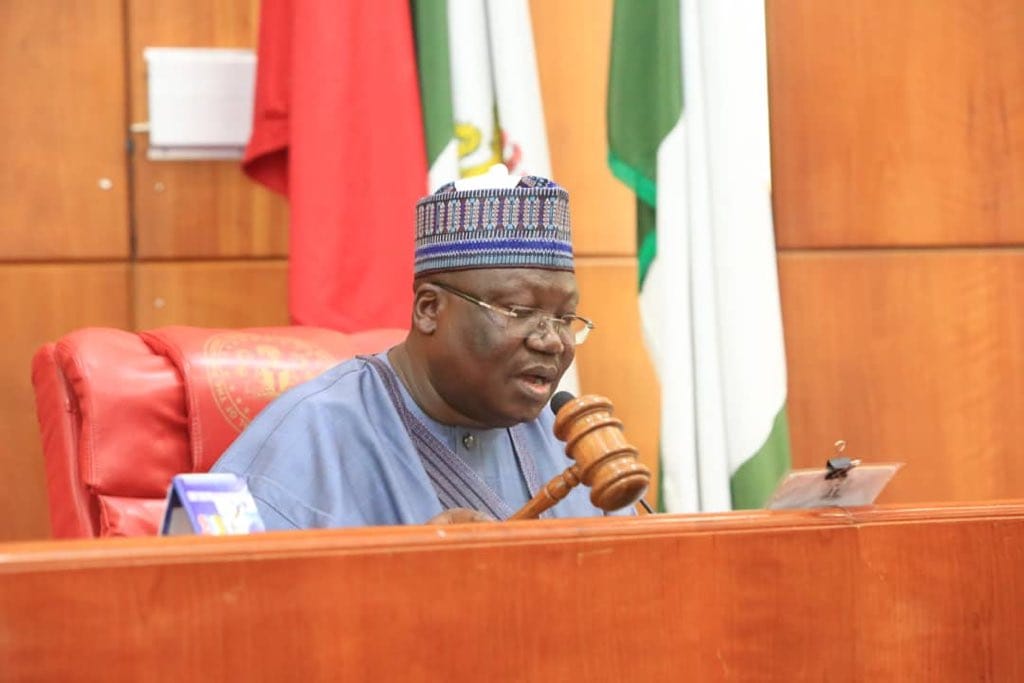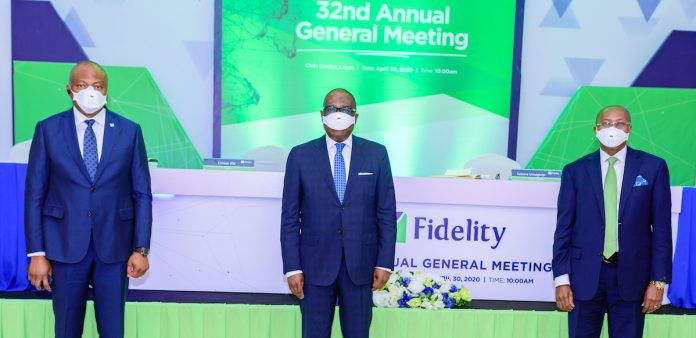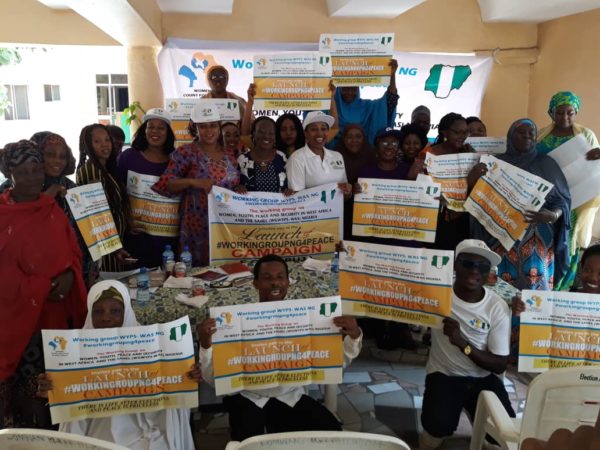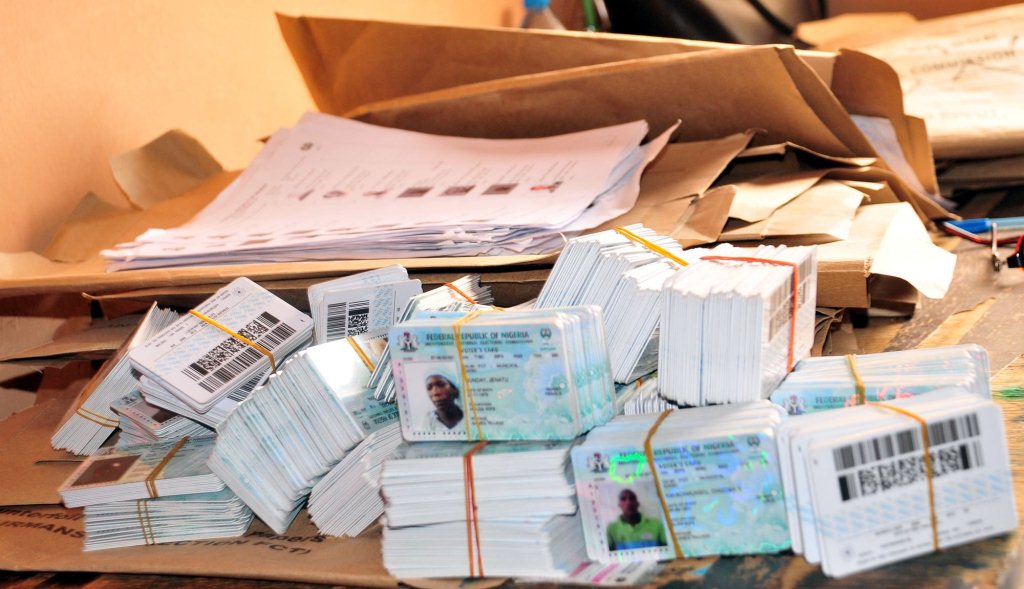By Emman Ovuakporie
Critical stakeholders in Nigeria’s Oil and Gas sector on Wednesday shared divergent views over the provisions of the Petroleum Industry Bill (PIB), even as they agreed on the need for the speedy passage of the bill to drive the needed reforms in the sector.
Organized Labour on the other hand ,cautioned against creating multiple regulatory agencies under the new law, insisting this may lead to unhealthy rivalry among the agencies which will not be healthy for the sector, some state government wants to be included in the boards of the agencies so created as well as the NNPC Limited.
Labour wants a Nigeria Oil and Gas Commission created as the sole regulatory body in the sector, while Oil workers suggested the creation of Oil and Gas Regulatory Commission instead of the two commissions being created under the proposed law.
Minister of State, Petroleum Resources, Chief Timiprye Silva said the bill aim to establish good governance, competitiveness, global best practices and the ease of doing business within the Nigerian oil sector.
According to him, the Bill is designed to guarantee early revenues for government, clarify roles and simplify administration of the sector, infuse transparency in regulation, ensure equity and fairness for all industry players and mandate the role space responsiveness of regulators.
“Specifically the Bill seeks to achieve the following objectives: Promote economic growth to increase oil and gas production, stimulate economic growth through strong investments in mid-stream gas infrastructure to increase gas based oil generation and industries, enable frontier exploration and establish an effective management system.
“It also aims to infuse transparency and non-confidentiality, transform NNPC into a viable commercially based and self-sustaining national oil company, institute a strong regulatory framework with increased emphasis on mid-stream development, create and effective mid-stream and downstream licensing system, mandate improved environmental measures and assist host communities in petroleum operation areas to achieve their aspirations”, Mr Sylva said.
The Minister added that till date, several engagements have been held in key domestic and international industries stakeholders including industry players and operators with a view to generate some level of consensus in the national assembly.
“While every care has been taken to accommodate different shades of opinion in the Bill, it cannot be complete without the input of the generality of the public which will ultimately enrich the document and put upon it the legitimacy and acceptance that is required to operate the law when passed.
“Passing the law after all the relevant processes have been completed is only a means to an end, not an end in itself. The end thereof being to operationize the law in a manner that best achieves the aims and objectives detailed earlier.
“This is why it is imperative that our participation today should be productive and focused, devoid of rancour, acrimony and disruption. I am confident that everyone gathered here shares the same passion for the passage of the PIB and the resolution that Nigeria must get it right with the law this time around”.
The Chairman of the Adhoc Committee on the PIB, Rep. Mohammed Tahir Mongonu (APC-Borno) stressed that when passed, the bill is expected to address salient issues, especially in the oil producing areas of the federation.
He said “Nigeria’s oil industry operates in a global environment that is constantly shifting in favour of countries with the most competitive, accommodating legislative instruments. The absence of these factors has resulted to the loss of significant amount of investments.
“In an effort to address the present state of quagmire in our oil and gas industry, we must put in place a legislative instrument such as this, which establishes a fiscal framework to boost oil and gas output, enhance sector attractiveness for international investors.
”This will increase foreign direct investment, which will undoubtedly catalyse Nigeria‘s economic recovery. It also places strong emphasis on developing a domestic gas market in Nigeria by providing measures to encourage companies to explore and produce gas from discoveries, as well as a framework for gas tariffs and delivery,” he said.
He said the bill has been in the making for over 20 years, yet efforts towards passing it into law have failed, adding that the bill was first introduced in the House December, 2008 and suffered criticism from major stakeholders such as International Oil Companies (IOCs), the Nigerian National Petroleum Cooperation (NNPC) and Host Communities.
President of the Nigeria Labour Congress, Comrade Ayuba Wabba said critical stakeholders in the oil and gas industry should be represented on the boards. This is against the backdrop of the numerous collective bargaining agreements (CBA) for oil industry remuneration and championed by the industrial Unions affiliates of Congress like NUPENG and PENGASSAN counterpart.
Wabba also said that Labour should be represented in the performance of the function of the boards of the regulatory agencies, adding that the inclusion of Labour as critical stakeholders in the oil and gas industry, with volumes of successful negotiations, mediations, and dispute resolutions at their disposal will enrich the composition of the board.
He argued that workers should not have their hair shaved in their absence whether in policy making affecting the workforce or the implementation of otherwise altruistic directives but which could be skewed to hurt the workers.
He said Labour was opposed to the provision which grant the Minister power to incorporate under the Companies and Allied Matters Act, a limited liability company, which shall be called Nigerian National Petroleum Company Limited (NNPC Limited).
“Labour disagrees with this provision. There is ample grounds for worry in this provision. Indeed, incorporation under CAMA of NNPC Ltd has potential implications for adverse business manoeuvres, including winding up of the incorporated company by a petition. Therefore, creditors, hostile take-over bids and even minority shareholders could scheme the extant rules to the disadvantage of the Nigerian people.
“We suggest that NNPC LTD should be incorporated in a more robust manner that would enable it to operate with minimum hindrance, free of potentially hostile encumbrances and be profitably managed. This robustness in the establishment of NNPC LTD should at least, ensure that no individual, a select few or hostile corporate bodies can disrupt its operations through petitions and take over manoeuvres”, Wabba argued.
President of the Petroleum and Natural Gas Senior Staff Association (PENGASSAN), Comrade Festus Osifo who presented the position of the two unions said the National Assembly should rather conduct a study on how the laws they pass can help in redirecting the industry.
He said with oil currently discovered in over 25 countries in Africa, “we must pass a PIB that will attract investment to Nigeria ahead of Angola, Congo, Gabon, Libya”, adding that the PIB to be passed must protect Nigerian workers and stamp out casualization in the industry. “Our members in DPR, PPPRA, PEF, PTI must be protected.”
While opposing multiple regulatory agencies for the industry, the unions said only one regulatory to be known as Oil and Gas Regulatory Commission should be allowed in the industry as against the two contained in the bill, adding that creating two regulatory agencies may lead to unhealthy competition which will not be in the interest of the industry.
In his presentation, Representative of Total Nigeria, Victor Bamidele said the business context in the sector has recently deteriorated, while uncertainties and concerns around the fiscal environment have arisen from the Deep Offshore & Inland Basin Production Sharing Contract Amendment Act (DOAA) in 2019, the Finance Act in 2020, and versions of the PB that have negatively affected investor sentiment.
According to him, this trend is evident in investment data, adding that over the 2015-2019 period, Nigeria attracted only 4% of the 70 billion dollars committed to Africa’s oil and gas industry despite having the largest reserves in Sub-Saharan Africa and several giant fields remain unsanctioned.
He said the PIB should be able to reverse this trend and be forward looking, adding that “the global energy transition is shifting investment away from fossil fuels and into renewables and low-carbon energy sources.
